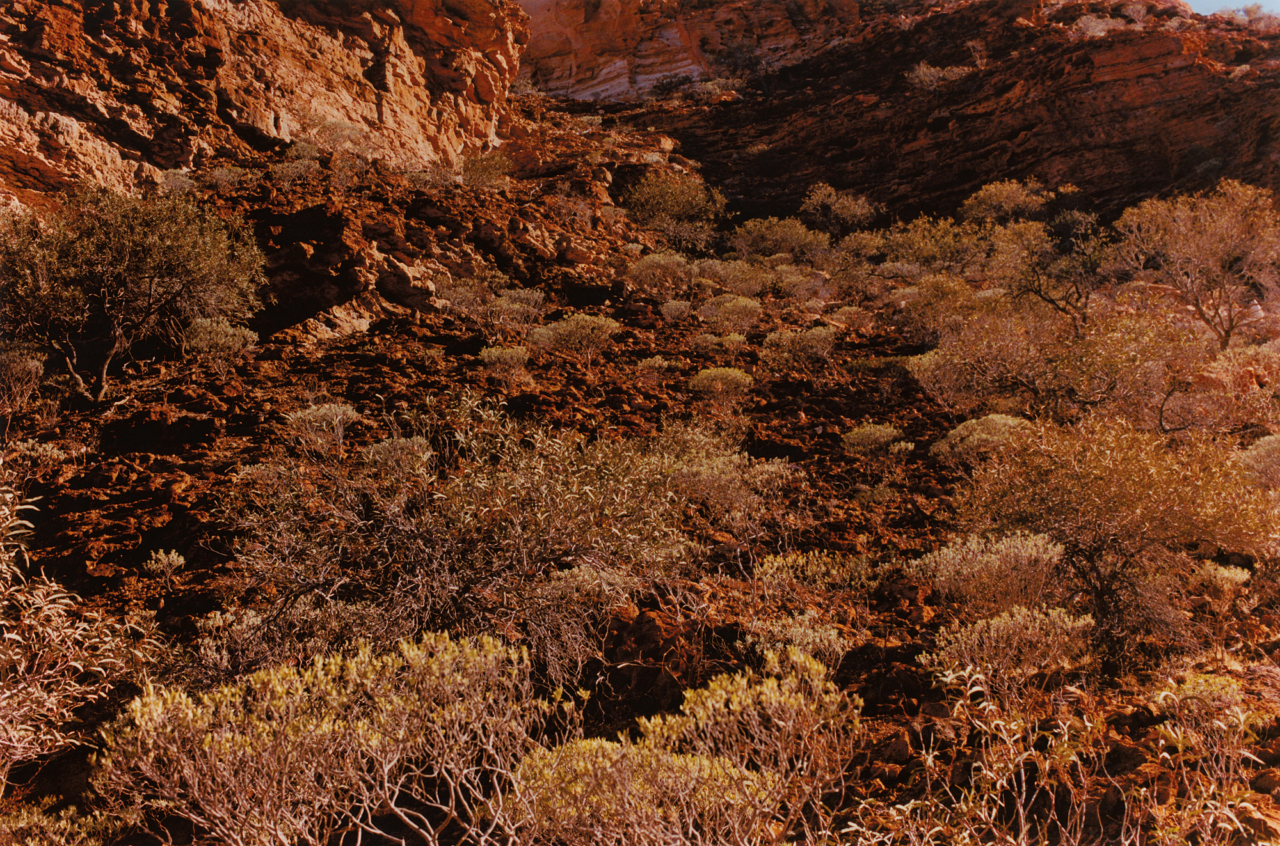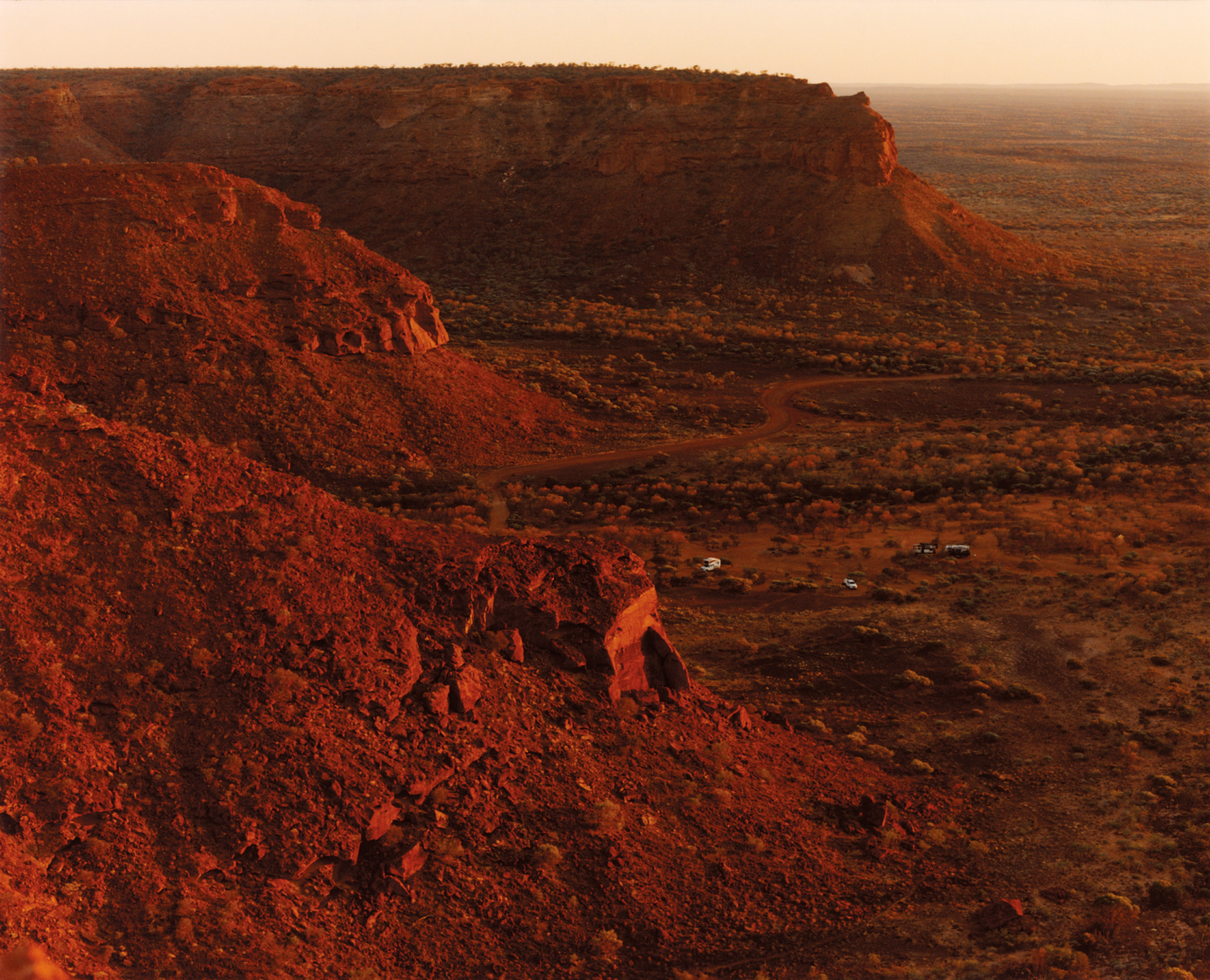

Guest edited by Saad Amer
Photographs by Zachary Handley
When I’m asked how we solve the climate crisis, I always give the same answer: “We need to organize, mobilize, and vote.” Participatory democracy is key, and solving the climate crisis becomes infinitely more possible when we put our power together. But this solution is an oversimplification. Democracy is just one piece of a much more complex puzzle.
Like any ecosystem, the climate movement requires diversity to flourish. Just as a forest needs flora, fauna, and fungi to function, we need creatives, communicators, scientists, policymakers, and entrepreneurs. No one person can solve this crisis. But together, we can protect our one precious planet.
We are fortunate that some of the world’s most brilliant minds are working in this field. I asked 27 of the most revolutionary experts and practitioners how we solve the climate crisis. These are their bold solutions.


“Knowledge is power, and there is strength in numbers. Take time to learn about the climate crisis and organize with others to turn knowledge into action. Join the Climate Reality Project and its network of 3.2 million climate activists. Use Climate TRACE to find the sources of all greenhouse gas emissions worldwide, including all the sources near you. Help organize efforts to reduce global warming pollution and support carbon-free alternatives.” Al Gore, former U.S. vice president and founder of the Climate Reality Project
“We need to tell better stories. The climate fight is more exciting than any Marvel movie—heroic activists, new technologies, villainous polluters, and an epic battle to save the world—but we too often make it a boring science lesson. It’s up to us to write a vision of the future that inspires millions of people to fight for it.” Jamie Henn, executive director of Fossil Free Media
“Having lectured on climate change and worked in vulnerable communities for more than four decades, I am often asked, “What can we do to address this existential threat to humanity?” My answer to that question has been reduced to one word over the years: more! My one big climate solution is that we all commit to doing more toward achieving environmental and climate justice for all, now.” Robert D. Bullard, director of the Bullard Center for Environmental and Climate Justice and distinguished professor at Texas Southern University

“Our top priorities must be holding Big Oil accountable for its role in the climate crisis while eliminating fossil fuel subsidies that enable large corporations to continue to fleece the public. We also need a bold agenda like Sen. Markey’s and my Green New Deal for Health that will ensure our health care system is prepared for climate disasters despite the current threats to our health care infrastructure.” Ro Khanna, U.S. representative from California
“Despite 30 years of international climate negotiations and domestic policy, there are no mechanisms in place to stop the expansion of fossil fuel production nor to manage an equitable phase out. What we build today will be what we use tomorrow, and we need to cut both production and current emissions. The Fossil Fuel Non-Proliferation Treaty will be a companion to the Paris Agreement and help countries cooperate to stop expansion and manage a wind down that is fast, fair, and financed.” Tzeporah Berman, founder and chair of the Fossil Fuel Non-Proliferation Treaty Initiative
“I want to say things like switching transportation from fossil fuels to electric, shifting more of our diet to foods like kelp and oysters, and redesigning our construction materials, such as concrete and cement. And I support all those! Still, I want to push deeper into a shift in the underlying logic that guides our policies, processes, and relationships. We need to shift from a reductionist, mechanistic logic that treats people and planet as extractable resources to a life logic that invites us to see natural resources as natural relatives in reciprocity.” José G González, founder of Latino Outdoors


“Our climate solutions need to make people’s lives better, not worse. That means making it easier to save money on gas, take affordable public transit, and commute on safer, greener streets; to get treated by a health care system that protects people before, during, and after crises; to work a good-paying, union job in clean energy; to make polluters pay for the damage to our planet; to keep money in your pocket without sending it as a subsidy to Big Oil; and to breathe clean air and drink clean water. That’s what a climate movement can deliver, and we’ve got bills that can get going on every one of these promises.” Ed Markey, U.S. senator from Massachusetts
“More than ever, we need people to join together, arm-in-arm, to remove fossil fuel infrastructure and build clean power at every scale. This can look like changing local or state policy, supporting a proposed solar project in your backyard, or putting a heat pump water heater in your garage. Everyone has a role to play, and there’s no time left to waste!” Leah Stokes, Anton Vonk associate professor at UC Santa Barbara
“As Trump and congressional Republicans continue to roll back climate progress, we must elect pro-climate and pro-democracy candidates up and down the ballot. To achieve this, we need to continue building political power through organizing in communities across the country and educating people about the importance of building a clean energy future that lowers costs, protects our communities and environment, and creates high-paying jobs.” Pete Maysmith, president of the League of Conservation Voters

“There is no shortcut. We must elect people who will fight to combat climate change. Vote! Support organizations like the Union of Concerned Scientists, Sierra Club, and ActBlue.” Bill Nye, science educator
“We need to make massive investments in jobs, justice and decarbonization. That includes building a resilient electrical grid that can reduce emissions, promoting environmental justice programs to address disproportionate harms on certain communities, and investing in green energy manufacturing and infrastructure jobs. Passing my Climate Resilience Workforce Act creates a strong workforce and promotes resilient economies, and it can all be funded by taking back the $20 billion in taxpayer dollars that go to fossil fuel subsidies to coal, oil and gas corporations each year.” Pramila Jayapal, U.S. Congresswoman from Washington
“Reduce consumption across the board. I haven’t bought any new clothing in over three years, and it’s completely reshaped how I think about what I really need. It’s not just about clothes; it’s a mindset shift. When you do need something, choose secondhand. It supports your local circular economy and keeps resources in use longer.” Ginger Zee, chief meteorologist and chief climate correspondent at ABC News

“Workers across supply chains and regions must organize collectively to decarbonize every sector of the economy and take on the corporate greed causing both climate breakdown and wealth inequality. Workers make the economy run, not billionaires, and therefore hold power to reorient our economy for people and planet instead of profit.” Elise Joshi, climate and labor organizer and former executive director of Gen-Z for Change
“Real change starts with small, steady, meaningful steps forward that people can understand, get behind, and amplify. We must reduce and soon stop our reliance on fossil fuels by building a clean energy future for all that is cheaper, safer, and healthier for people and our planet—with particular focus on environmental justice for communities that have been marginalized and disadvantaged for far too long.” Gina McCarthy, former White House national climate advisor, former administrator of the U.S. Environmental Protection Agency, and managing co-chair of America Is All In
“One way to help address the climate crisis is to utilize plaintiff-side litigation combined with popular protest to force polluters and the fossil fuel industry to be held fully accountable for the harm they cause. Once industry is forced to pay the full cost of its harm, the rational economic move would be to transition rapidly to clean energy and end fossil fuel production. For this to work, judicial systems around the world must fulfill their ethical duties to be fair rather than be captured by corporate power.” Steven Donzinger, human rights attorney

“The climate crisis is a continuation of the colonial violence Indigenous people have been resisting for 500 years. Through our continued struggle toward self-determination and cultural survival, Indigenous communities show the world an alternative to the violent, destructive economic and political systems that have created this crisis. Returning land to Indigenous stewardship on a mass scale, centering and resourcing frontline Indigenous communities, and dismantling the violent colonial systems at the root of the climate crisis are paramount to ensuring a future where humanity and the Earth can continue to coexist.” Xiuhtezcatl Martinez, Xochimilca artist and activist
“Organize! Getting involved with your community, your workplace union, leaving ego behind, and joining a group that works to meet the needs of your neighbors and works together to create a better world for us all. I define organizing as “building the capacity for revolutionary change to be possible.” It’s not necessarily making that change right now or in the short term—that would be “campaigning”—but it’s the long, slow work of building mycelial networks that mean that when crisis hits, when we reach the tipping point for revolution, we know who to call on, we know our neighbors, we have a strong community that is ready and willing to respond. It’s organizing that allows mushrooms of transformational change to fruit—and it’s something we all need to be a part of so we can get the climate-just world we deserve.” Mikaela Loach, author of It’s Not That Radical and co-director of the AWETHU School of Organising
“Let’s create Black and Brown climate banks: community-owned banks that fund climate solutions in BIPOC neighborhoods—solar co-ops, clean transit, heat-resilient schools—without red tape or extraction. Let the wealth circle back where it’s been stolen from.” Mustafa Santiago Ali, executive vice president for the National Wildlife Federation and founder of Revitalization Strategies


“If I could do only one thing, I would put a price on carbon. It’s an old idea, but it’s still the single most important one, because it addresses the market failure that is at the core of the climate crisis. If we had to pay the true cost of using fossil fuels, most of us would quickly turn to alternatives.” Naomi Oreskes, Henry Charles Lea professor of the history of science at Harvard University
“The most important climate solution is turning out the vote in the midterm elections to vote in climate champions and vote out fossil fuel apologists.” Michael Mann, presidential distinguished professor at the University of Pennsylvania
“There’s really one thing that scales fast enough to put a dent in the gathering cloud of carbon in our atmosphere. That’s the virtuous trinity of sun, wind, and batteries. They are finally truly accelerating: The world generated a third more clean energy this year than last, and we are adding a gigawatt’s worth of solar—that’s a nuclear or coal-fired power plant—every 15 hours. The fossil fuel industry is doing everything it can to slow this transition, so we must push desperately hard.” Bill McKibben, author of Here Comes the Sun and founder of Sun Day


“I’m especially inspired by green, affordable housing. It’s a powerful way to tackle both the climate crisis and the housing crisis at the same time. Imagine homes that are energy-efficient and solar-powered, built to withstand disasters—this kind of housing isn’t just better for the environment, it also creates green jobs, lowers energy bills, and improves life for everyday people. Everyone deserves a safe and affordable place to live, and green housing could go a long way in answering that.” Don Cheadle, actor and board member of the Solutions Project
“One big climate solution is to build and permit much more new, dense housing. People who live in big cities like New York or near transit lines have a dramatically lower carbon footprint, but archaic zoning rules make new housing construction incredibly slow and inefficient, or make it illegal altogether. If localities build the necessary housing, fewer people will be priced out into high-emissions suburbs and more people will be able to move to low-emissions areas, with the added benefit of increasing affordability for all.” Chi Ossé, New York City council member
“Most people care about climate change, but they don’t know what to do, and they don’t think anyone else cares. That’s why the most powerful thing we can do is also the simplest: Talk about it.” Katharine Hayhoe, distinguished professor at Texas Tech University and chief scientist at the Nature Conservancy

“When we answer the call from frontline communities and show up with them, we unlock an infinite number of bold, practical solutions that improve people’s daily lives. Real change happens when communities come together to support and uplift one another. It’s part of how we organize and build power, hold systems accountable, and ensure that the people most impacted by the climate crisis are the ones leading the solutions. Solidarity isn’t just a value—it’s a practice, a commitment, and a strategy for creating lasting, transformational change.
We see this every day, from the aftermath of devastating wildfires in California to the floods in Texas. Frontline communities are not only stepping in with emergency responses, they’re also building long-term infrastructure for resilience and care. When we show up and show out for one another, we can co-create and thrive in a world that’s more sustainable and equitable for everyone.” Gloria Walton, CEO and president of the Solutions Project
“The cheapest, fastest, and most reliable way to secure energy for everyone and address the emissions that are overheating our planet is to produce and consume energy more efficiently. Roughly two-thirds of the energy that goes into our current global system is wasted—that’s over $4 trillion lost every year! With efficient solutions that reduce and manage energy demand coupled to renewable electrification that is often two to four times more efficient than combustion alternatives, we have tools and know-how to get a lot more of what we want, for a lot less of what we don’t.” Jon Creyts, CEO of the Rocky Mountain Institute
“We already have almost all the climate solutions we need—it’s just a question of how quickly and how justly we’re going to implement them. We have to make implementation sexy.” Ayana Elizabeth Johnson, cofounder of Urban Ocean Lab and Roux Distinguished Scholar at Bowdoin College

Special thanks Silver Halide Studios
These photographs were taken across Western Australia on the traditional lands of the Badimaya, Wajarri, Yinggarda, and Whadjuk Noongar Peoples. We respectfully acknowledge their custodianship and pay respects to the Elders past and present.
This story first appeared in Atmos Volume 12: Pollinate with the headline, “Fields of Possibility.”
27 Bold Ideas for a Better Future—From the Experts













